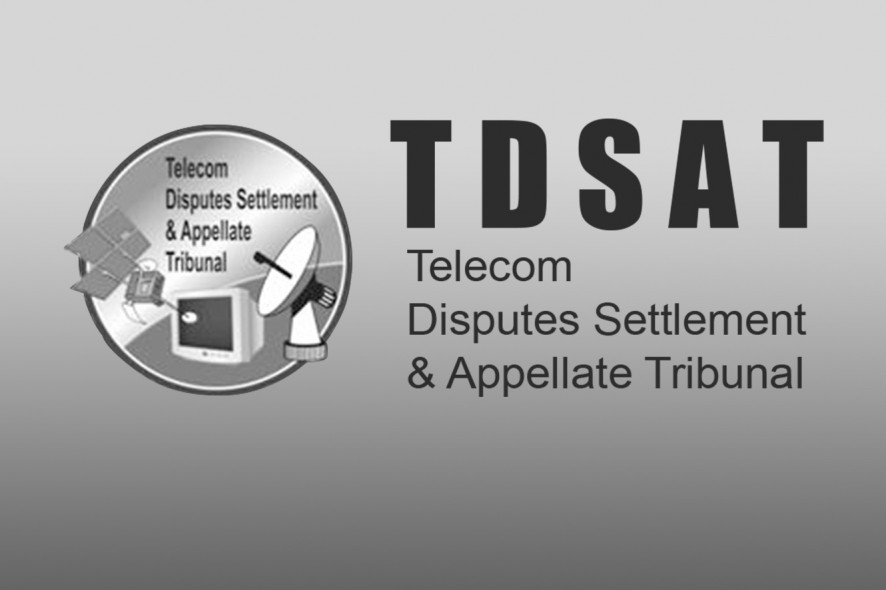Telecom Disputes Settlement Appellate Tribunal (TDSAT): Justice Shiva Kirti Singh dismissed the petition being devoid of merits.
Facts
The facts of the case are such that the petitioner is a Multi-System Operator i.e. MSO and Respondent 1 is a Local Cable Operator i.e. LCO in Andhra Pradesh within the area of operation of the petitioner. Respondent 2 is a competing MSO of the petitioner in the same area. All the three by the nature of their business activities fall within the definition of “service provider” in terms of the Telecom Regulatory Authority of India Act, 1995 (TRAI Act). Hence the instant petition was filed praying to pass an order directing Respondent 1 to handover set-top boxes, viewing cards and other equipment to the Petitioner before the Tribunal.
Issue
The issue of maintainability has been raised by Respondent 1 on the ground that the petitioner and respondent are in a business relationship of a different nature than that of an MSO and LCO because successive agreements between them are not an InterConnect Agreement but only a “Digital Cable TV Signal Distribution Agreement”
Arguments
Counsel for the petitioner Upender Thakur submitted that Respondent 1 is a local cable operator and he approached the petitioner seeking supply of TV channel signals in the area of its operation i.e. Srikakulam town as per Distribution Agreements
Counsel for the respondent Nittin Bhatia and Nasir Husain submitted that this Tribunal has jurisdiction to try and adjudicate disputes between a licensor and a licensee or between two service providers or a service provider and a group of consumers. It was further submitted that since the disputes arise out of a Distribution Agreement and not from a simple Inter Connect Agreement, therefore it is not a dispute in the capacity of service providers and Clause 24 mentions that any dispute arising in relation to business will be tried only within the jurisdiction of Vishakhapatnam courts only. He further submitted that the petitioner and Respondent 1 do not have a valid interconnection agreement because in terms of relevant regulations framed by TRAI an MSO and LCO must sign either a Model Interconnection Agreement (MIA) or a Standard Interconnection Agreement (SIA) as per the format provided under the Regulations.
Observations
The Court observed that the labeling of the agreement as a “Digital Cable TV Signals Distribution Agreement” in place of a simply “Agreement” or Interconnect Agreement” does not make any difference. The subsisting agreement between the parties lays down the territory or the area and other commercial terms under which the petitioner is required to issue a tax invoice to Respondent 1 on monthly basis towards subscription as per norms. The Commission of Respondent 1 has also been determined under the Agreement with the liability to maintain proper accounts and other commercial papers. The liability of the petitioner is limited to providing of digital cable TV signals only and it is not at all concerned with the business activities of respondent 1.
Decision
The Court thus held that in the present case it is found that the Digital Cable TV Signal Distribution Agreement has the basic ingredients of an interconnection agreement executed between the petitioner and respondent 1 in their respective capacity as MSO and LCO. Hence the issue of maintainability stands no merit.
In view of the above, petition was dismissed.[Sreedevi Digital Systems Pvt. Ltd. v. Jallepalli Kurmanayakulu, 2021 SCC OnLine TDSAT 94, decided on 12-03-2021]
Arunima Bose, Editorial Assistant has reported this brief.






